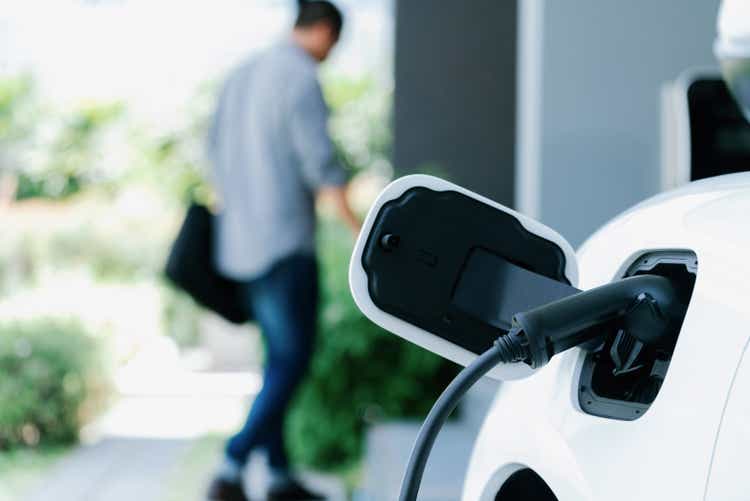
Ralf Hahn/iStock via Getty Images I covered Rivian Automotive, Inc. ( RIVN ), Lucid Group, Inc ( LCID ), Fisker and NIO Inc. ( NIO ) in a recent article , arguing how they do not represent a compelling proposition for shareholders.
Some readers reached out asking my opinion about Canoo Inc. ( NASDAQ: GOEV ). In this article, I examine how Canoo stacks up against other Electric Vehicle “PurePlayers”, i.

e. car makers that exclusively focus on producing EVs. I believe it is worth nothing that since my last article, Fisker has declared bankruptcy .
This was a risk I mentioned back then and the reason why I will not compare Canoo to Fisker in this new analysis. Thesis: Canoo has a solid product strategy but is short of cash and presents no credible execution plans I believe Canoo has a superior product strategy compared to other early-stage PurePlay EV players. The company developed a flexible and scalable automotive platform, allowing to quickly target different markets with distinct models.
More importantly, Canoo has chosen to focus on an underserved EV niche: Light Electric Commercial Vehicles. This is a high-growth EV segment, and neither Tesla, Inc. ( TSLA ), nor Rivian, Lucid or NIO offer vehicles to tackle it.
However, the good news for Canoo ends with its product strategy. Looking at how management has executed since IPO, a dire picture emerges. The company has raised over $400 million through agreements with Yorkville, leading to significant shareholder dilution.
As .















